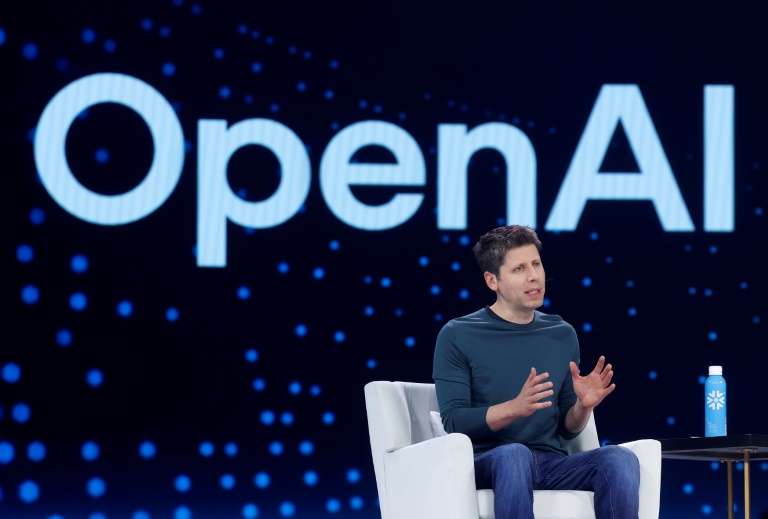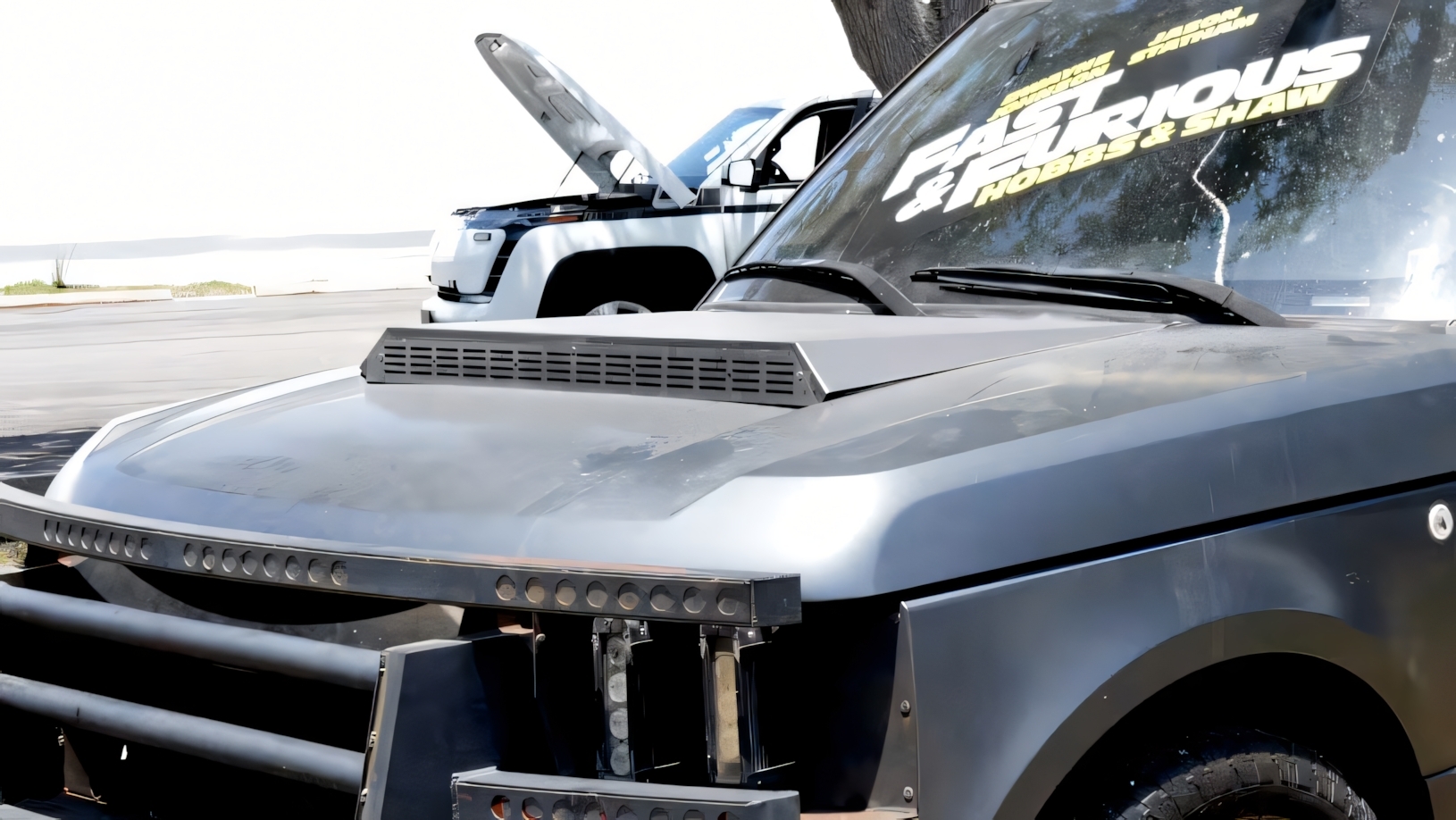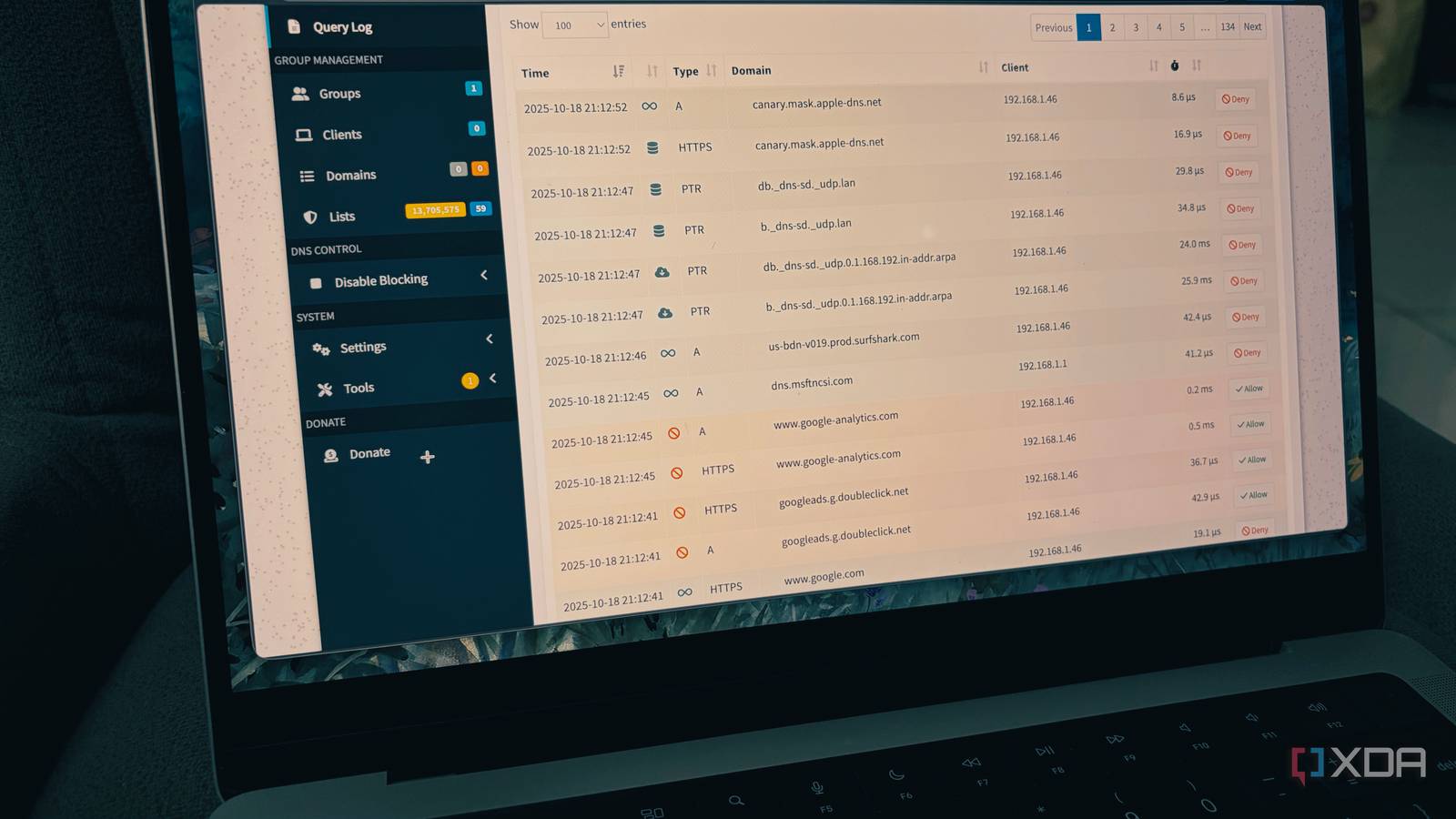OpenAI is ordering hundreds of billions of dollars worth of chips in the artificial intelligence race, raising questions among investors about how the startup will finance these purchases.
In less than a month, the San Francisco startup behind ChatGPT has committed to acquiring a staggering 26 gigawatts of sophisticated data processors from Nvidia, AMD, and Broadcom — more than 10 million units that would consume power equivalent to 20 standard nuclear reactors.
“They will need hundreds of billions of dollars to live up to their obligations,” said Gil Luria, managing director at D.A. Davidson, a financial consulting firm.
The challenge is daunting: OpenAI doesn’t expect to be profitable until 2029 and is forecasting billions in losses this year, despite generating about $13 billion in revenue.
OpenAI declined to comment on its financing strategy.
However, in a CNBC interview, co-founder Greg Brockman acknowledged the difficulty of building sufficient computing infrastructure to handle the “avalanche of demand” for AI, noting that creative financing mechanisms will be necessary.
– Creative financing –
Nvidia, AMD, and Broadcom all declined to discuss specific deals with OpenAI.
Silicon Valley-based Nvidia has announced plans to invest up to $100 billion in OpenAI over several years to build the world’s largest AI infrastructure.
OpenAI would use those funds to buy chips from Nvidia in a game of “circular financing,” with Nvidia recouping its investment by taking a share in OpenAI, one of its biggest customers and the world’s hottest AI company.
AMD has taken a different approach, offering OpenAI options to acquire equity in AMD — a transaction considered unusual in financial circles and a sign that it is AMD that is seeking to seize some of OpenAI’s limelight with investors.
“It represents another unhealthy dynamic,” Luria said, suggesting the arrangement reveals AMD’s desperation to compete in a market dominated by Nvidia.
– Crash or soar? –
The stakes couldn’t be higher.
OpenAI co-founder and CEO Sam Altman “has the power to crash the global economy for a decade or take us all to the promised land,” Bernstein Research senior analyst Stacy Rasgon wrote in a note to investors this month.
“Right now, we don’t know which is in the cards.”
Even selling stakes in OpenAI at its current $500 billion valuation won’t cover the startup’s chip commitments, according to Luria, meaning the company will need to borrow money.
One possibility: using the chips themselves as collateral for loans.







